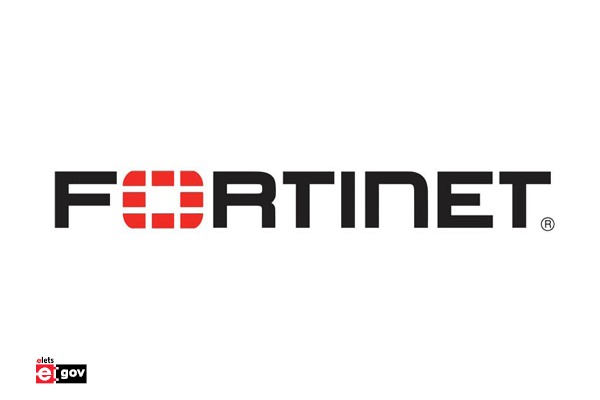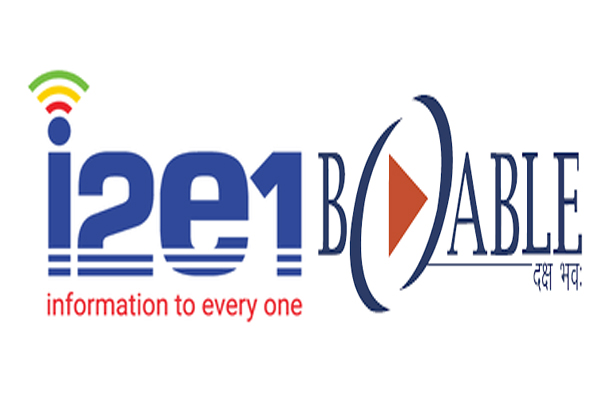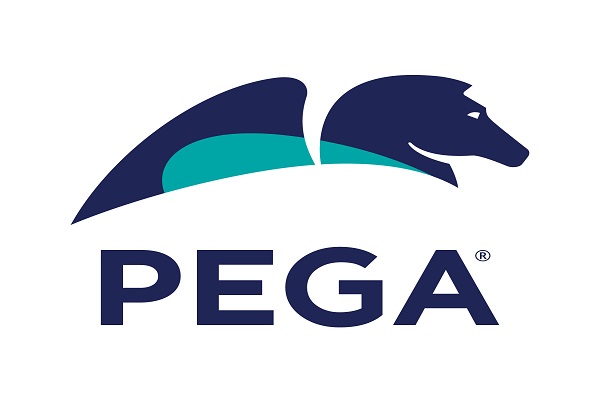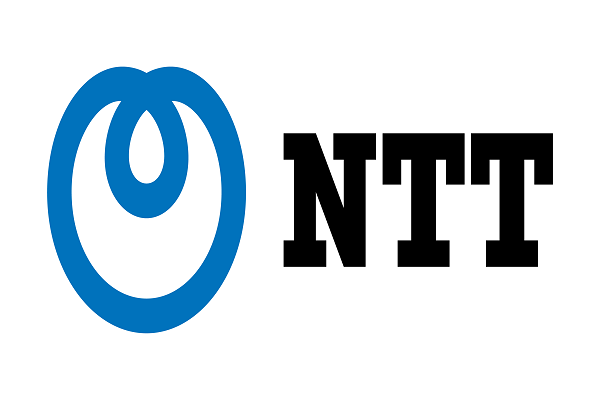
For businesses and Governments in India and around the world, the need for effective Information Management has never been greater. Organisations are inundated with a tsunami of data as information flows in and out of their organisations from disparate sources.
Most of this data requires immediate action and therefore is driving businesses to evaluate mechanisms which can help them converge their Information Management strategy with core Enterprise Resource Planning (ERP) systems.
Here are a few trends in the Information Management domain, which will gain traction in the year ahead:

Here are a few trends in the Information Management domain, which will gain traction in the year ahead:
- An integrated approach to dealing with Data (Software, hardware and services): Today, not only businesses, but governments too are overwhelmed with the exponential growth of data. The inability to efficiently capture information from paper-based documents and integrate with digital workflows leads to complexity and lost opportunity. The question for most organisations is not whether to embrace digital transformation, but where to begin. Digital transformation begins with information capture.
Going forward, we see businesses adopting an integrated portfolio of scanners, services and software solutions and doing away with legacy infrastructure, to extract maximum insight from information and route it seamlessly into business processes.

- Increased reliance on paperless processes: Paperwork is an integral part of doing business, but physical paper is not. In fact, reliance on paper documents results in costs, which could be eliminated or at least radically reduced by going paperless. As physical paperwork piles up, so do issues such as;
- Slower time to complete routine tasks that rely on paper as an input
- Increased risk of a security breach through lost or stolen documents
- Potential for data entry errors from manually keying information into systems
- Costs for office or offsite space to store paper documents
For these reasons and more, all kinds of businesses and public agencies are working towards paperless processes. Gradually, organisations are realising that digitising much of the content and information flowing through their business can have both financial and operational benefits.
- Enhanced collaboration across platforms: Flexibility has become a business imperative with the upsurge of new technologies, BYOD and more employees working remotely. Keeping this in mind, CIOs will focus on compatibility – the ability to scale and transcend devices and platforms (i.e. the open network) for enhanced collaboration. Integration capabilities will be a basic requirement for any technological implementation.
With businesses adopting a decentralised mode of operation and engagement, it is crucial to have automated tools, which are web-based. This way businesses can integrate and leverage data regardless of where it is created and access it remotely.
- Increased focus on security infrastructure: As mentioned, businesses are adopting multiple platforms and newer technologies in order to enhance collaboration and promote flexibility. But increased interoperability involves at least some risk. In a world of advanced and targeted attacks, security and risk management leaders will look for digital infrastructure that is equipped with the right set of tools to protect organisational data. Adaptive security infrastructure that can manage risks and aid in the delivery of business objectives will at the top of every CIO’s agenda in the upcoming year.
- Intelligent apps: Artificial intelligence (AI) is evolving at a fast pace and is impacting every industry. Going forward, organisations will not only have to invest significantly in AI backed processes and tools, but OEM’s and other vendors will have to design AI-enhanced systems, solutions and applications that address their clients’ business challenges. Enterprises will be looking for technology with intelligent capabilities that increase productivity and improve customer experience.
Many organisations are now embracing the concept of ‘Chief Digital Officer’ as an important senior leadership role, which indicates that enterprises are adopting a digital native mindset and are constantly on a look out for innovative technologies and smart solutions. With “data chaos” now a common phenomenon at the threshold between physical and digital documents, the market is ripe for the next wave of information capture solutions to deliver real world benefits and significantly better business outcomes.
(Views expressed in this article are of Vivek Naidu, Vice President Information Management, Kodak Alaris India)
Be a part of Elets Collaborative Initiatives. Join Us for Upcoming Events and explore business opportunities. Like us on Facebook , connect with us on LinkedIn and follow us on Twitter, Instagram.










